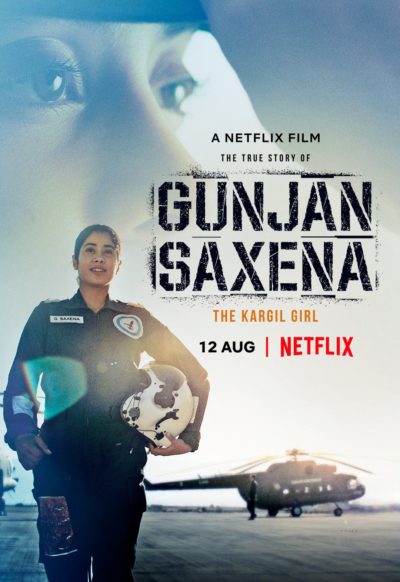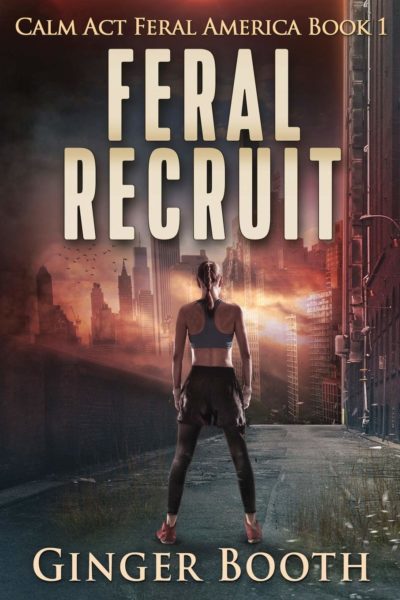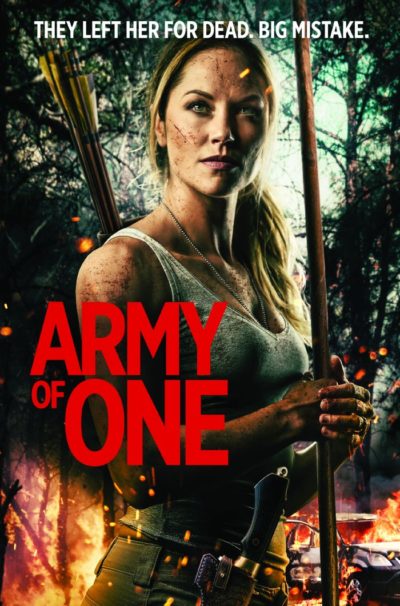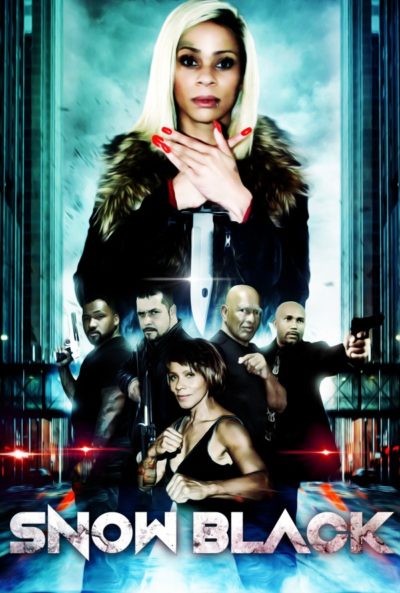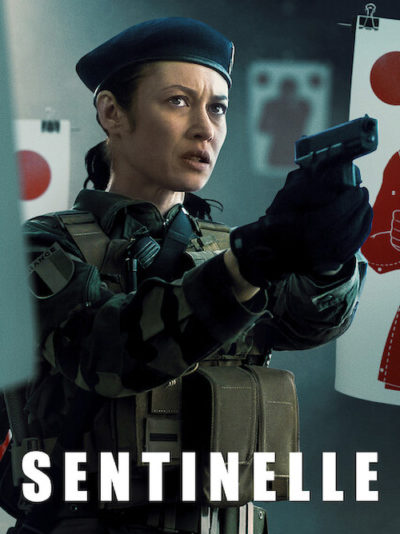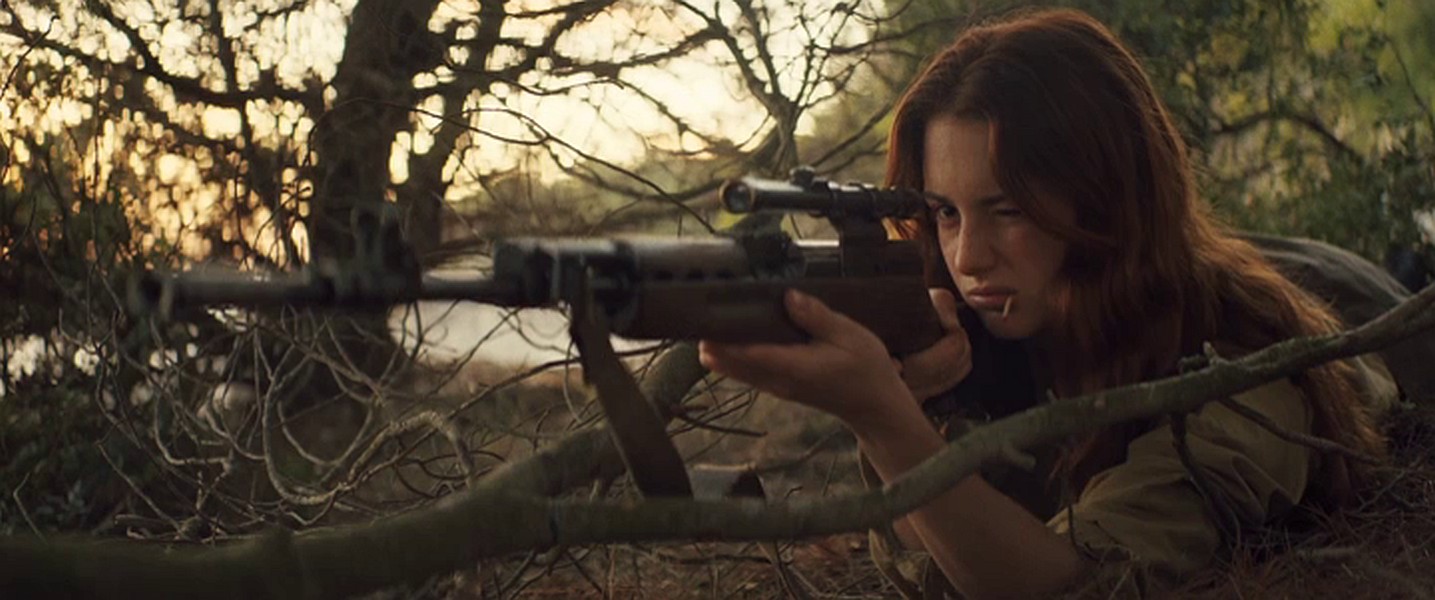 ★½
★½
“Send help.”
Yes, this is one of those cases where the title is the review, because I suspect many viewers will be signalling enthusiastically for help before reaching the end. I would start off by saying something snarky, like “That’s an hour and a half of my life that I’ll never get back.” But this would imply the film actually held my attention for an hour and a half, which would.. not be entirely correct. I was in the same room where it was playing. My eyes were open. I am not prepared to commit to much more than that. I also note that at the North American box-office, it took a grand total of $4,382, including a whopping $209 over its second week of release. I trust everyone involved in the production learned a valuable lesson from this.
This is a “war of the sexes” picture thinly disguised as fantasy, which throws elements from Alice in Wonderland, Peter Pan and Lord of the Flies into a blender, in the belief that doing so makes for some kind of feminist statement. It doesn’t. Not even when you burden the cast with lines like, “You’ve been in a war your whole life, you just didn’t know it,” or “You need to stop hurting yourself and start hurting others.” It begins with downtrodden waitress Ana (Grace Van Patten) crawling through an oven in the hotel where she works, and emerging onto a vaguely WW2-era shoreline. There, she bonds with a group led by Marsha (Goth), who lure male soldiers to the beach using fake Mayday signals, sniping dead any who make it past the turbulent conditions. Because all men are predators who deserve to die, right?
It plays like an “Is caffeine-free Pepsi alright?” version of Sucker Punch, with Ana crawling into her own headspace, trying to escape the traumas of everyday life, in a world with repurposed characters. For example, Marsha is the same, reluctant bride Ana comforted in the bathroom shortly before her break from/with reality. The only element of interest was Ana’s refusal to go down the same murderous path of intent as her colleagues. though this does lead to a feeling the movie doesn’t quite know what message it’s trying to send. At least Paradise Hills, which occupied similar territory, had a gorgeous visual sense to paper over the weaker plot elements. Here, there’s no such distraction.
This is not quite the worst “young women trapped in a surreal landscape” movie I’ve ever seen. That would be the near irredeemable awfulness of non-GWG film, Ladyworld. However, that I found myself consciously comparing this to it, is not a parallel to any movie’s credit. If there’s a lesson to be learned from Ana’s eventual fate, it’s that the cure for what mentally ails you, apparently involves a psychotic break, along with some quality girl time spend living on the beach alongside a crew of Aileen Wuornos wannabes. I guess it probably works out as cheaper than therapy.
Dir: Karen Cinorre
Star: Grace Van Patten, Mia Goth, Soko, Havana Rose Liu





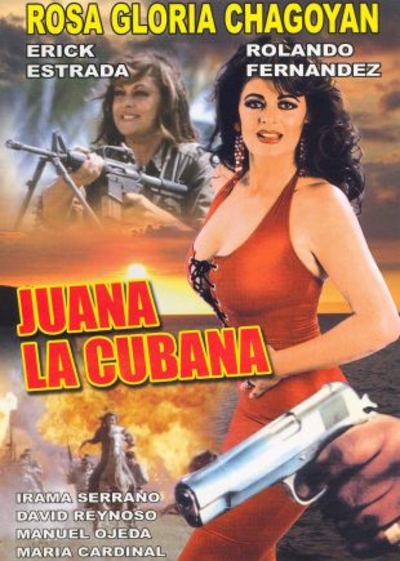 A long time ago – 17 years or thereabouts! – we reviewed another Chagoyan/Fernandez production,
A long time ago – 17 years or thereabouts! – we reviewed another Chagoyan/Fernandez production, 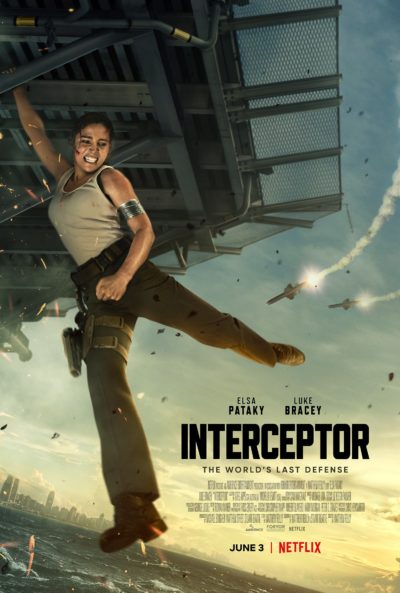 Two minutes in, Chris turned to me and said, “Is this an Asylum movie?” Oh, that she had been right, for the net results might have been more entertaining. This is truly the dumbest film I have seen in a very long time. It feels like a throwback in content to about thirty years ago, except with a script that makes your average Cannon product look like Citizen Kane. It’s set on a missile interceptor station in the middle of the Pacific, to which Captain J. J. Collins (Pataky) has just been assigned again. Barely has she dropped her bags off in her cabin, when word comes that their sister base in Alaska has gone dark, and terrorists have stolen 16 Russian ICBMs. Before you can say “shitty Die Hard knockoff”, trust-fund kid Alexander Kessel (Bracey) shows up, intent on removing America’s last line of defense. It’s up to J.J. and plucky SigInt guy Rahul Shah (Mehta) to prevent them – or the terrorists will have won, literally.
Two minutes in, Chris turned to me and said, “Is this an Asylum movie?” Oh, that she had been right, for the net results might have been more entertaining. This is truly the dumbest film I have seen in a very long time. It feels like a throwback in content to about thirty years ago, except with a script that makes your average Cannon product look like Citizen Kane. It’s set on a missile interceptor station in the middle of the Pacific, to which Captain J. J. Collins (Pataky) has just been assigned again. Barely has she dropped her bags off in her cabin, when word comes that their sister base in Alaska has gone dark, and terrorists have stolen 16 Russian ICBMs. Before you can say “shitty Die Hard knockoff”, trust-fund kid Alexander Kessel (Bracey) shows up, intent on removing America’s last line of defense. It’s up to J.J. and plucky SigInt guy Rahul Shah (Mehta) to prevent them – or the terrorists will have won, literally. 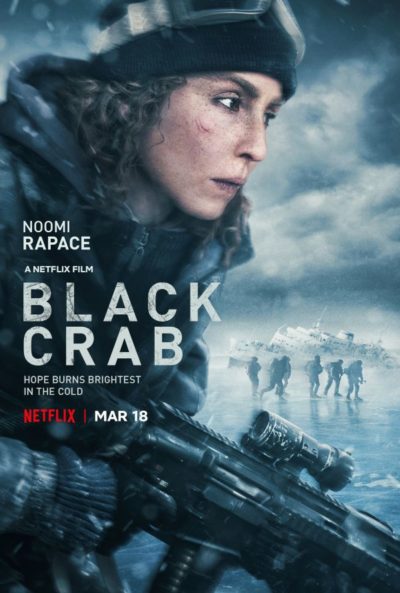 Rapace seems to be turning into a female version of Ryan Reynolds. By which I mean, it seems that hardly a month goes past without a new Netflix Original coming out starring her. Ryan had 6 Underground, Red Notice and The Adam Project. Noomi has given us
Rapace seems to be turning into a female version of Ryan Reynolds. By which I mean, it seems that hardly a month goes past without a new Netflix Original coming out starring her. Ryan had 6 Underground, Red Notice and The Adam Project. Noomi has given us  And, yet… Not only did I finish this, I genuinely enjoyed the whole, lunatic experience. I don’t know if the editing got slightly better as the book went on. Maybe I just became used to the style, which flies defiantly in the face of, not just all literary convention, but the basic rules of English. Bizarrely, by the end, I found myself almost appreciative of the stream of consciousness, neo-Joycean approach. It’s better demonstrated by example, than description, so here’s a sample paragraph – neither particularly good nor bad by the book’s standards:
And, yet… Not only did I finish this, I genuinely enjoyed the whole, lunatic experience. I don’t know if the editing got slightly better as the book went on. Maybe I just became used to the style, which flies defiantly in the face of, not just all literary convention, but the basic rules of English. Bizarrely, by the end, I found myself almost appreciative of the stream of consciousness, neo-Joycean approach. It’s better demonstrated by example, than description, so here’s a sample paragraph – neither particularly good nor bad by the book’s standards: